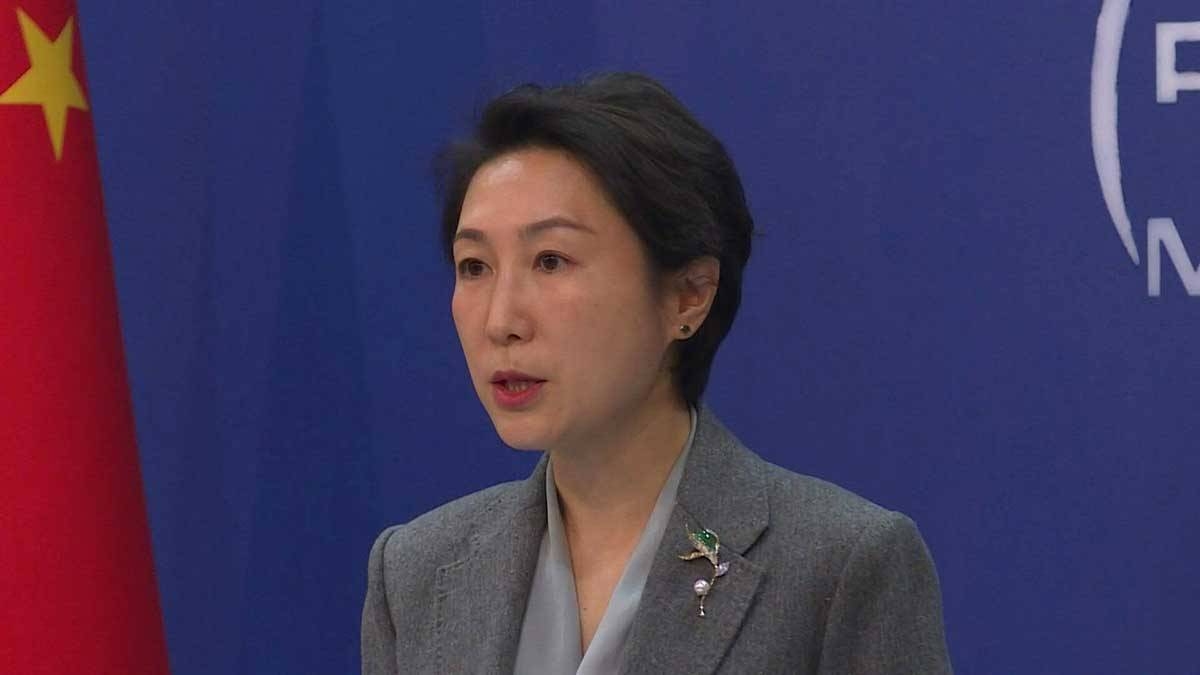HOURS after the Philippines and Australia signed an agreement to enhance maritime cooperation, China issued a warning against actions that undermine the stability of the Indo-Pacific region.
The agreement, one of three signed during President Ferdinand Marcos Jr.’s visit to Australia last Wednesday, focuses on cyber and critical technology, effective competition policies, and maritime cooperation.
Malacañang, the official residence and workplace of the President of the Philippines, stated that the maritime pact aims to build civil-military cooperation, promote international law, and establish a rules-based order in the region.
However, China quickly responded through a statement shared by the Chinese embassy in Manila. Mao Ning, deputy director of the China Ministry of Foreign Affairs’ Information Department, emphasized that the South China Sea “is generally stable.” He also stated that maritime security cooperation among relevant countries should not undermine the interests of others or disrupt regional peace and stability.
President Ferdinand Marcos Jr., addressing the Australian Parliament in Canberra, sought the support of Australia and other allies in the Philippines’ territorial disputes with China. He made a strong commitment to protect Philippine territory, stating that he would not allow any foreign power to take “even one square inch.”
Referring to the country’s historical role during World War II, Marcos highlighted the importance of defending sovereignty, sovereign rights, and jurisdiction. He expressed concern over recent developments in the West Philippine Sea, including the presence of Chinese Navy ships and the jamming of electronic communications of Philippine vessels.
Marcos emphasized that peace and stability in the Indo-Pacific region are under threat. The term “Indo-Pacific” is used by the US to define the region extending from the coastlines of the Indian subcontinent to the western shore of the Americas. This region comprises 40 countries, including major economies such as China, India, Japan, and Australia.
The signing of the maritime cooperation agreement between the Philippines and Australia reflects a growing concern among regional powers about China’s assertiveness in the South China Sea. It also underscores the importance of international law, cooperation, and a rules-based order in maintaining peace and stability in the Indo-Pacific region.
China’s warning highlights the delicate balance of power and interests in the region. As countries navigate their relationships and protect their own interests, it is crucial to find peaceful and diplomatic solutions to territorial disputes.
The Philippines, Australia, and other allies must continue to engage in dialogue, promote understanding, and uphold the principles of international law. By working together, they can contribute to a stable and prosperous Indo-Pacific region that benefits all countries involved.
While tensions may arise, it is essential to prioritize peaceful resolutions and avoid actions that escalate conflicts or undermine regional peace and stability. Through diplomatic channels and international cooperation, countries can address their concerns and find common ground.
As the international community closely watches developments in the Indo-Pacific region, it is crucial for all parties involved to act responsibly, respect each other’s interests, and work towards a harmonious and cooperative future.
Source: The Manila Times








